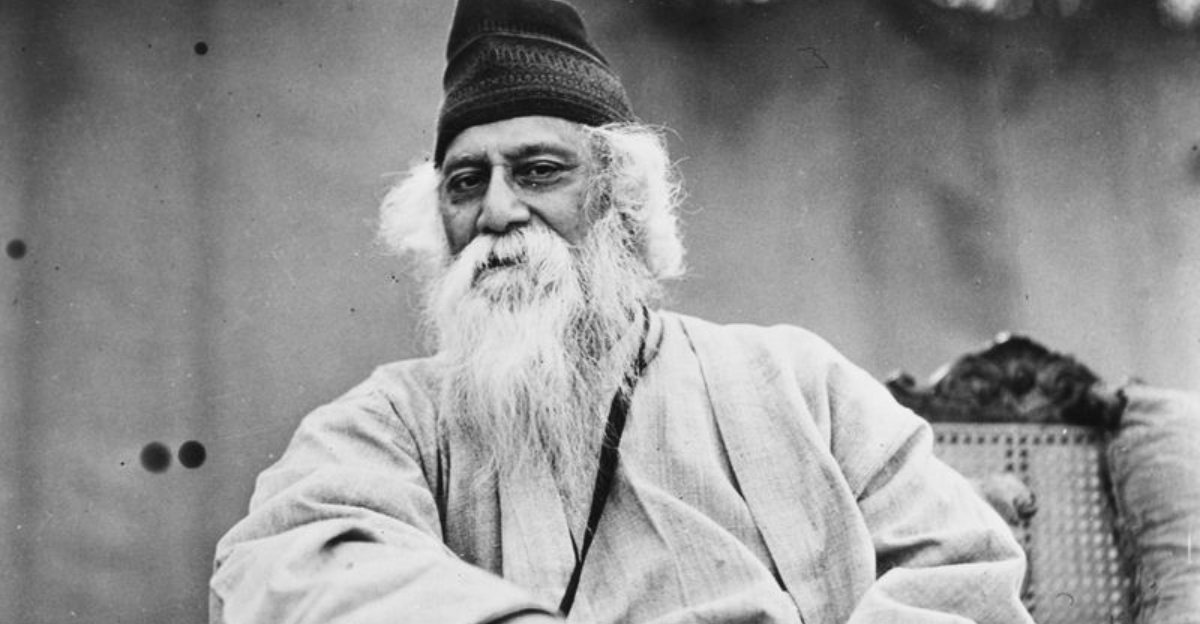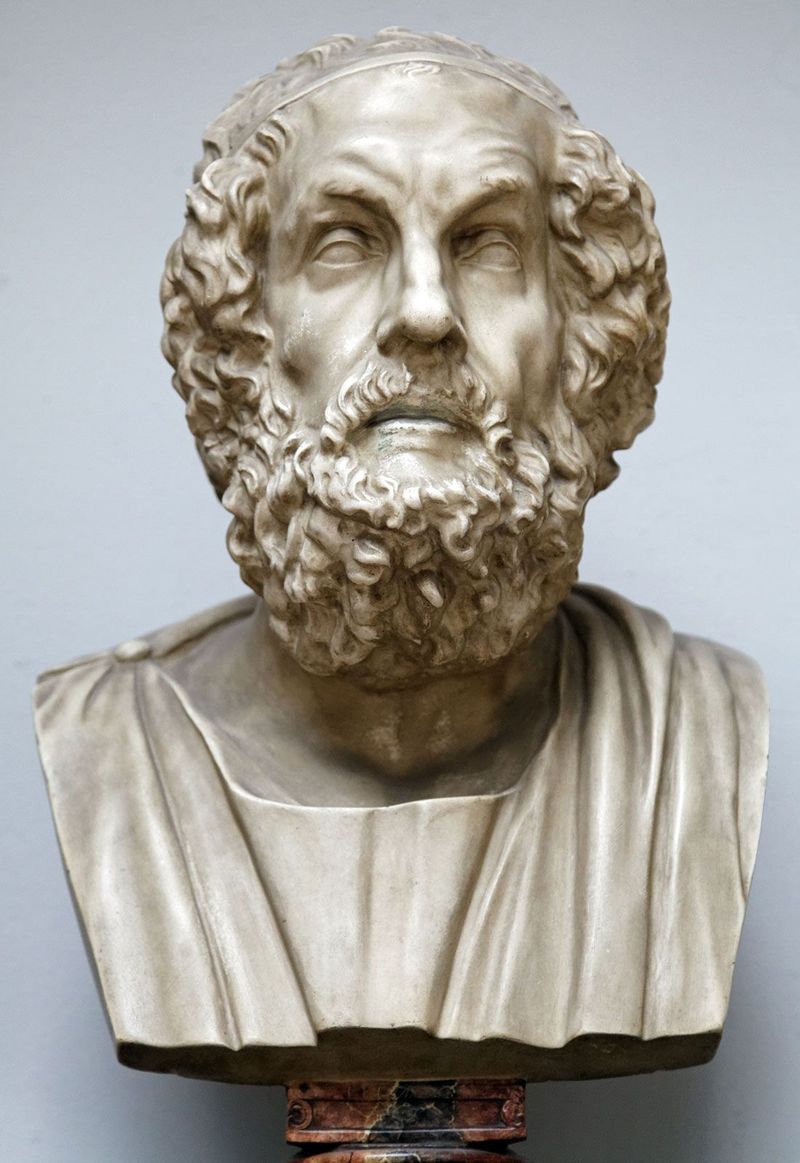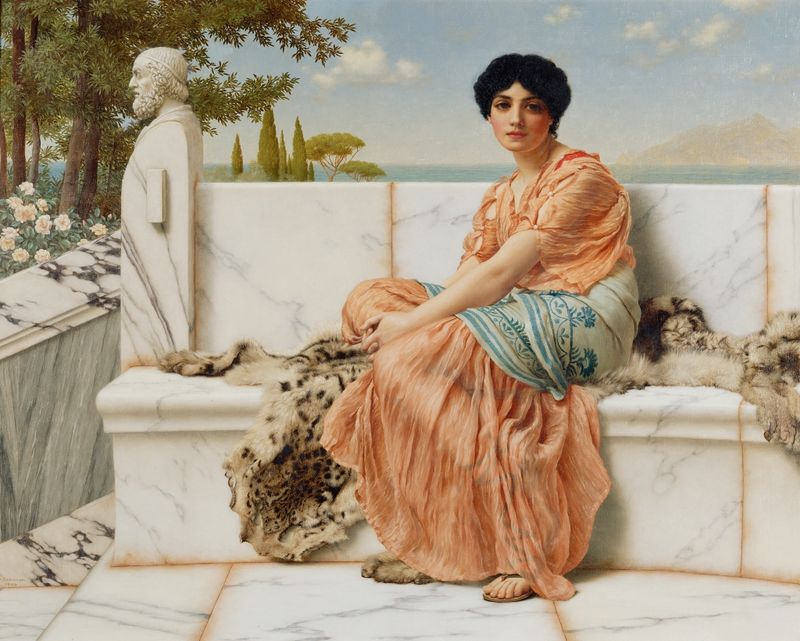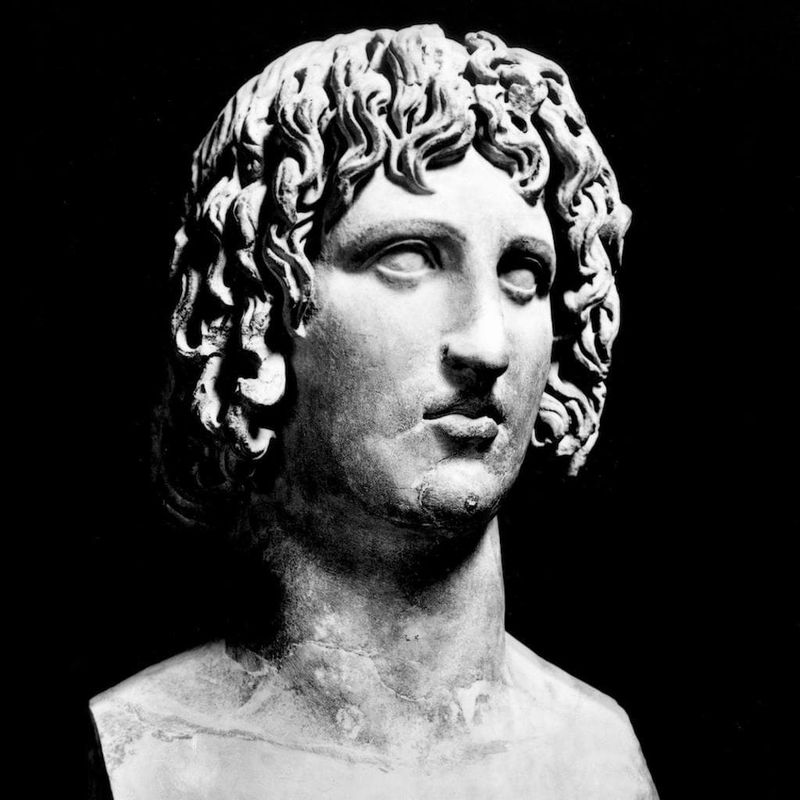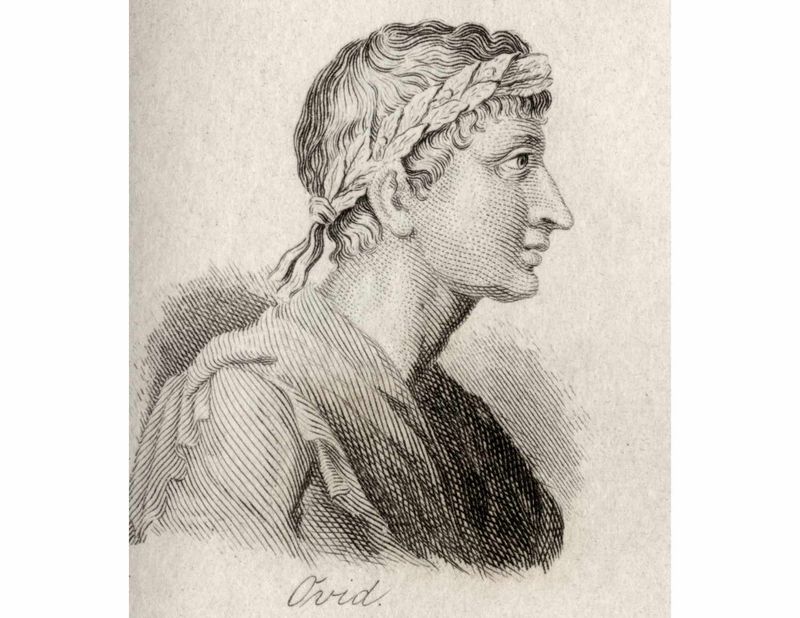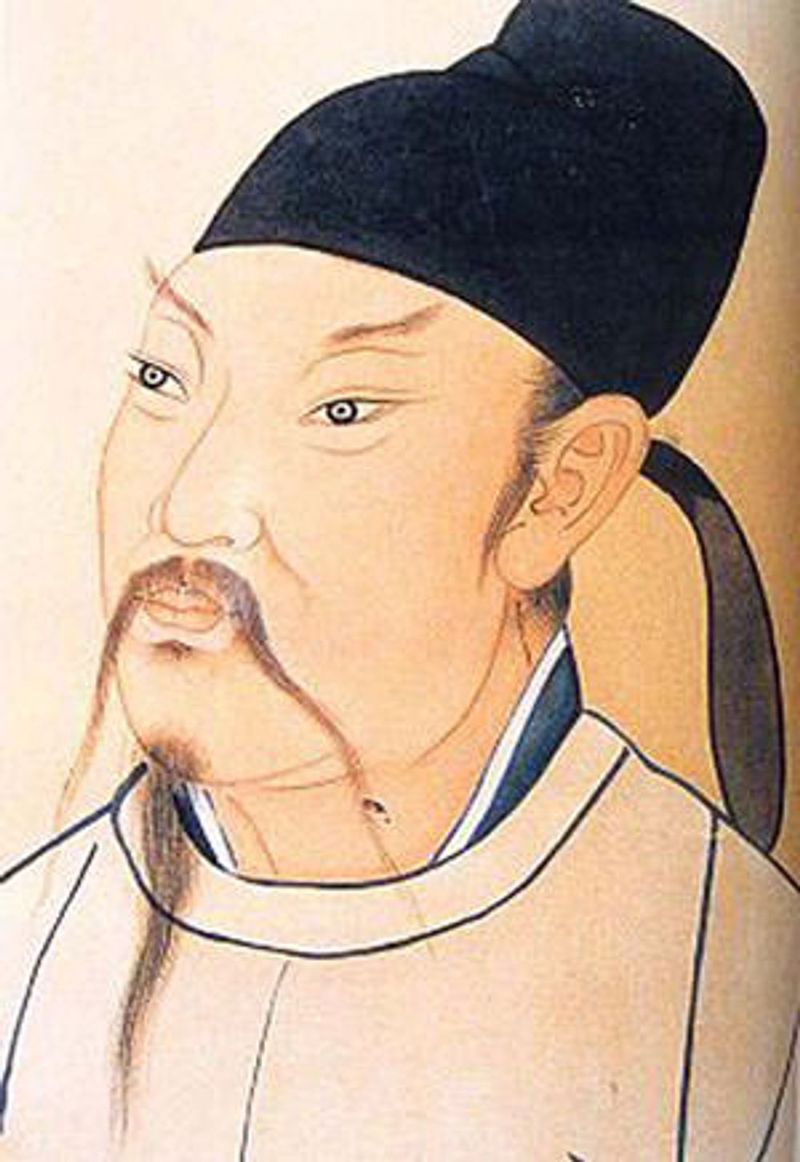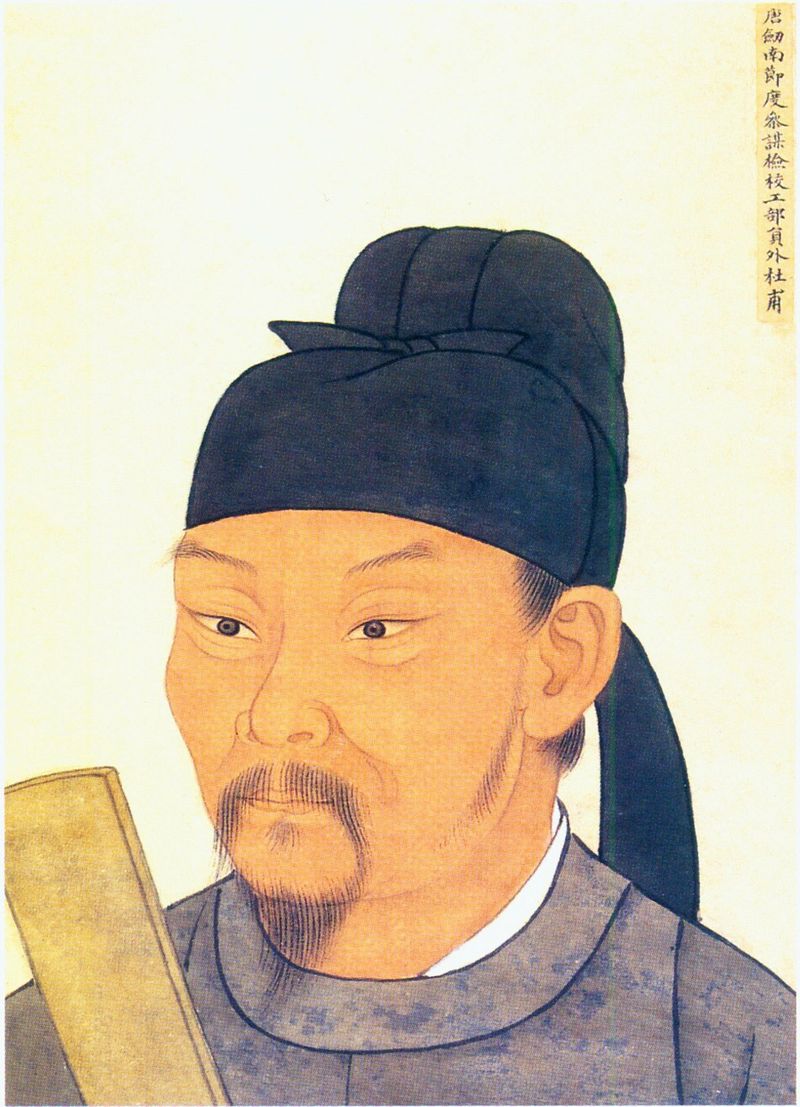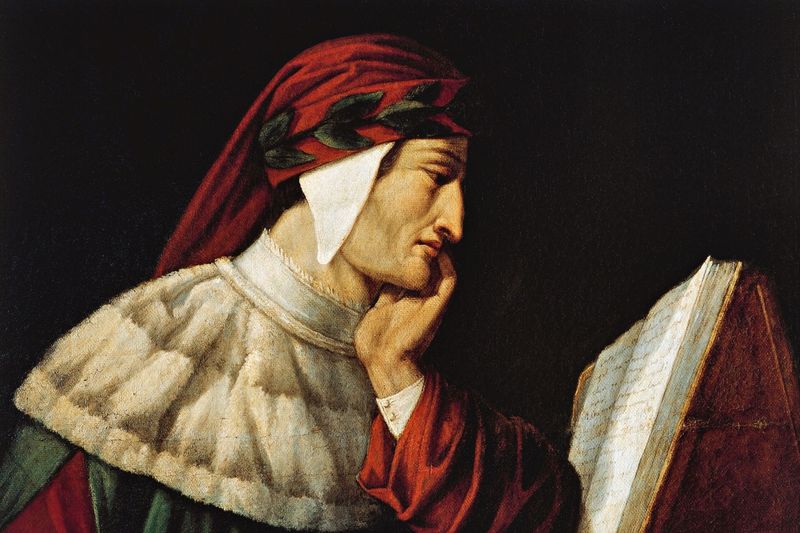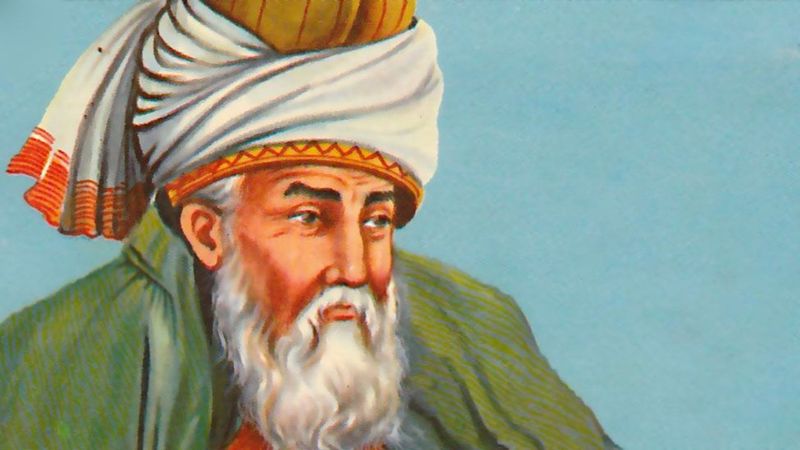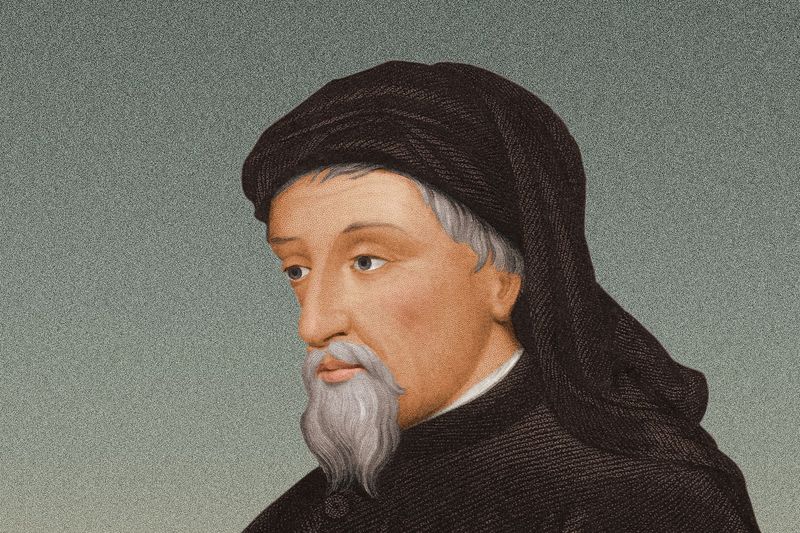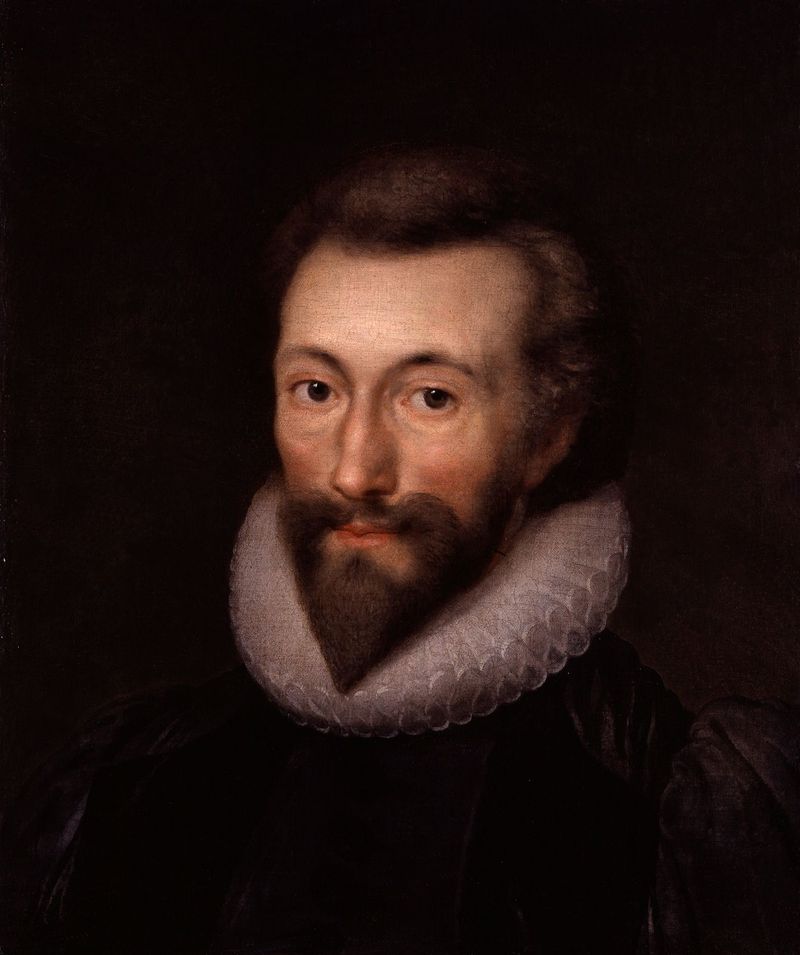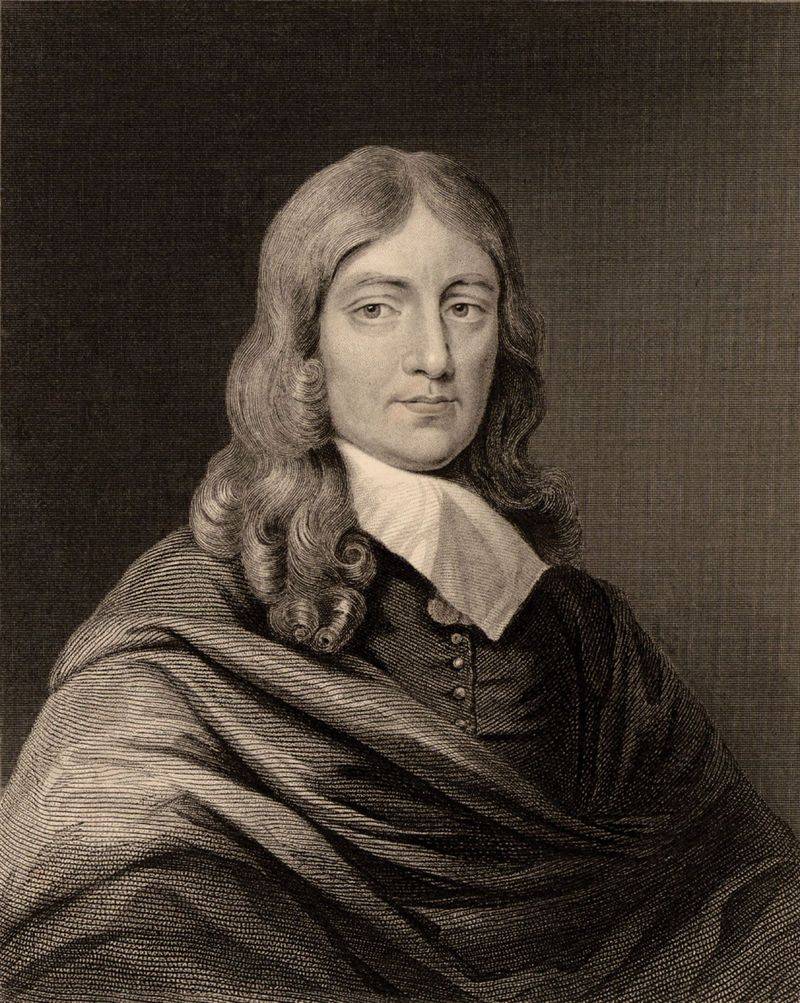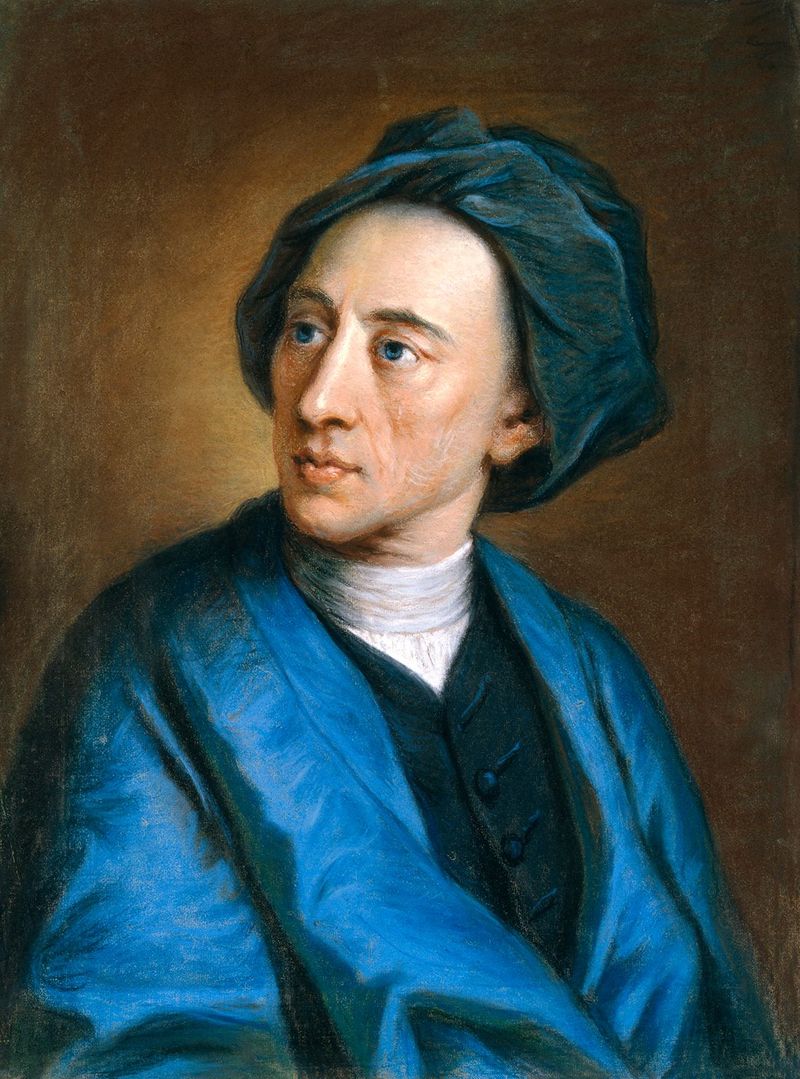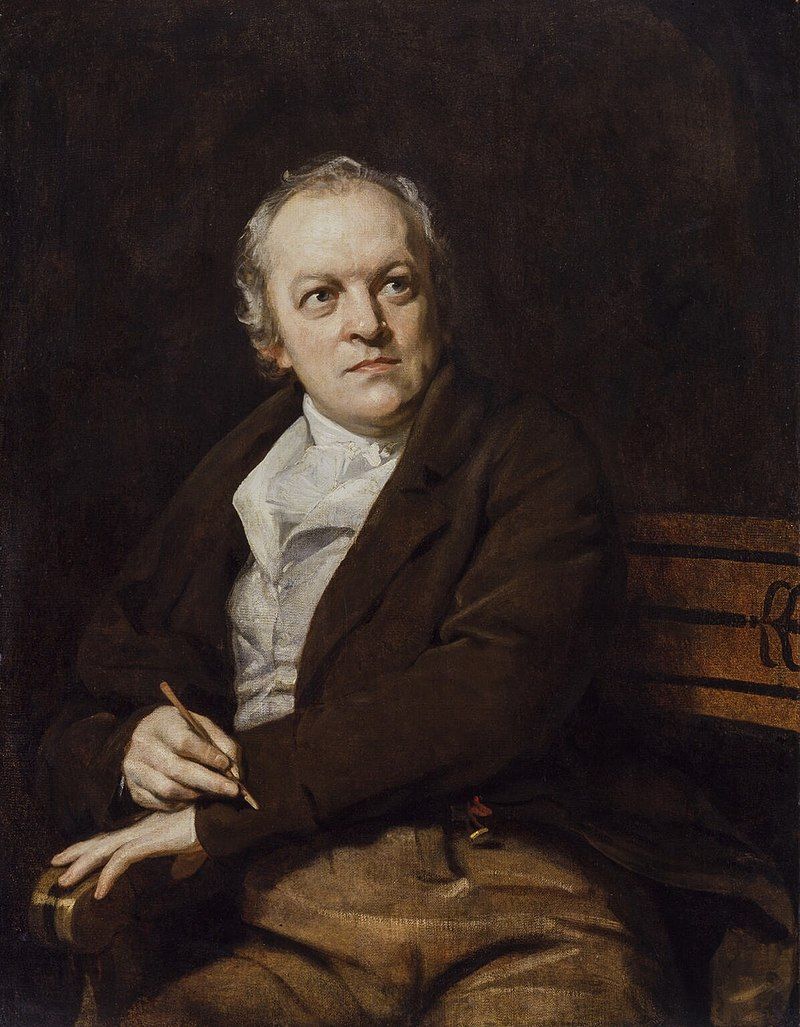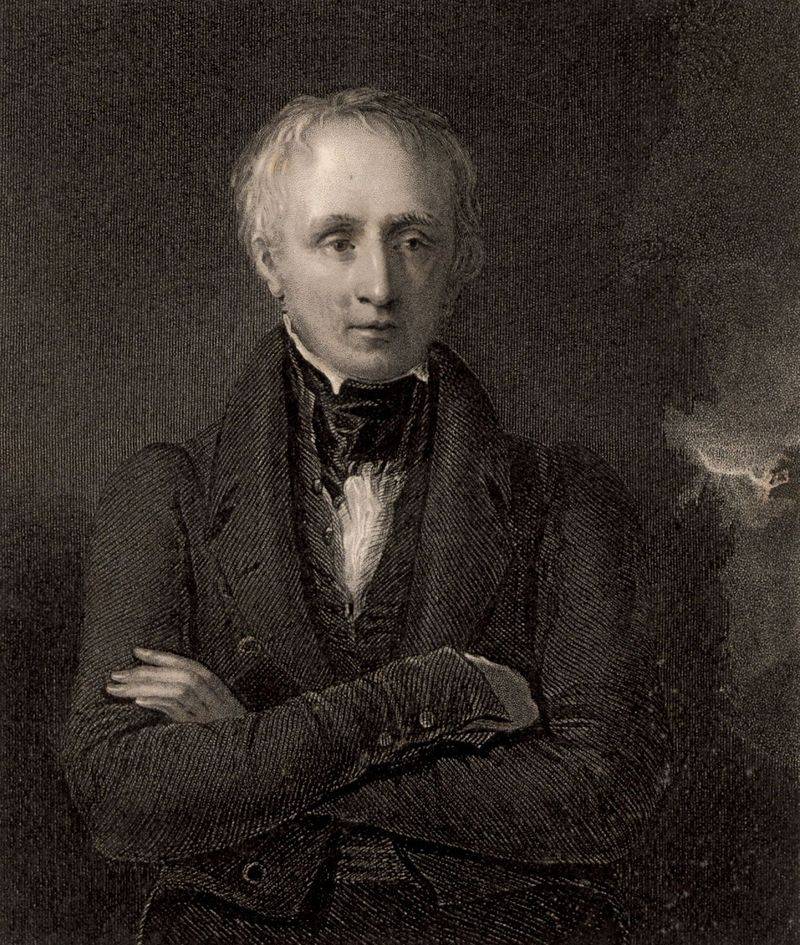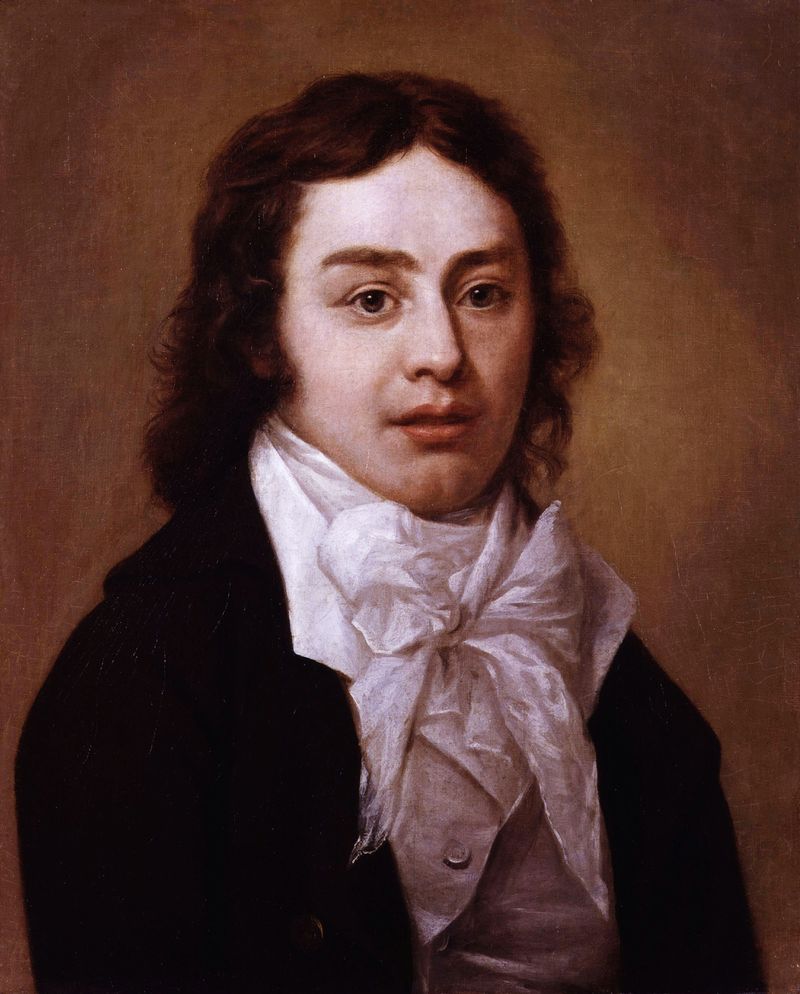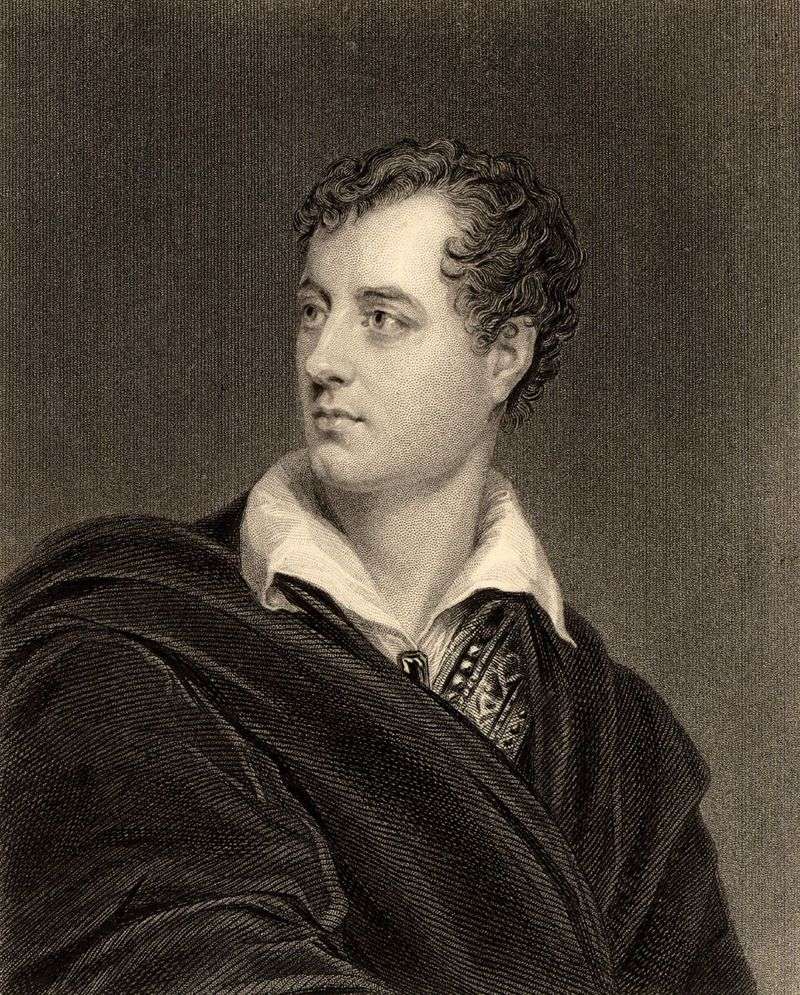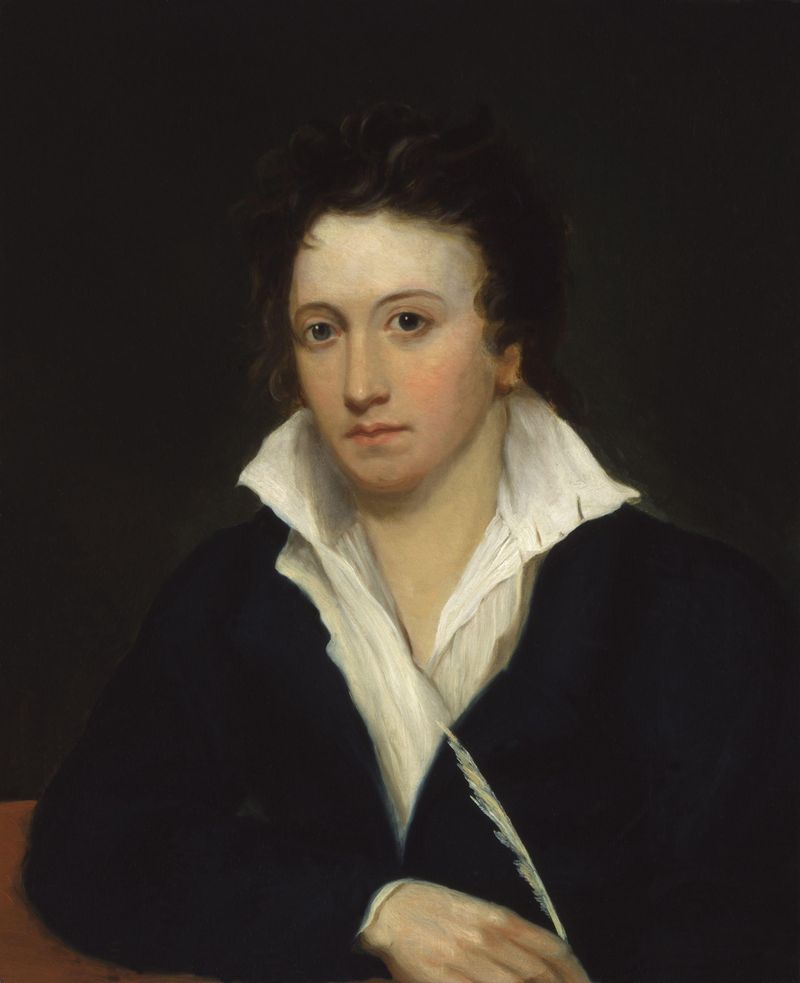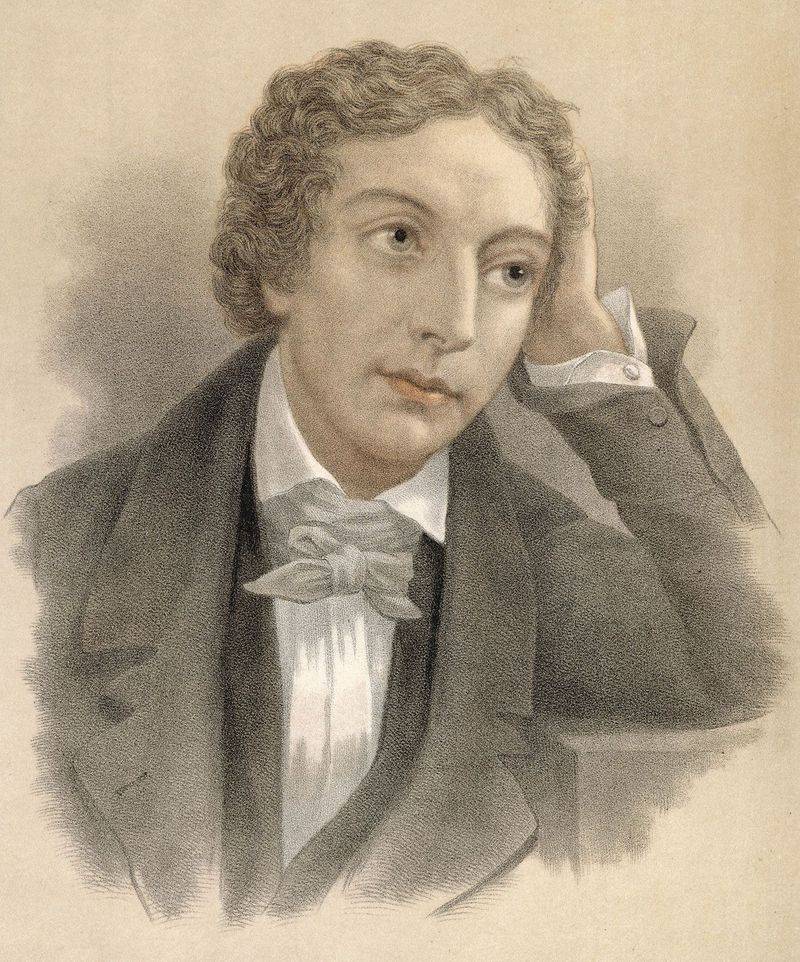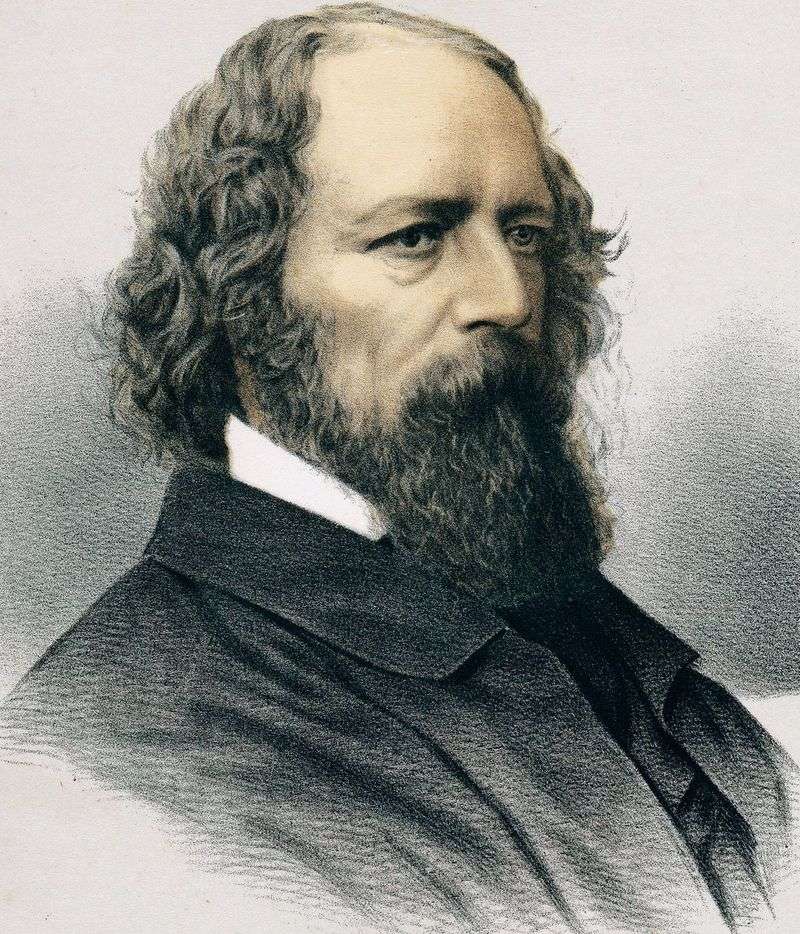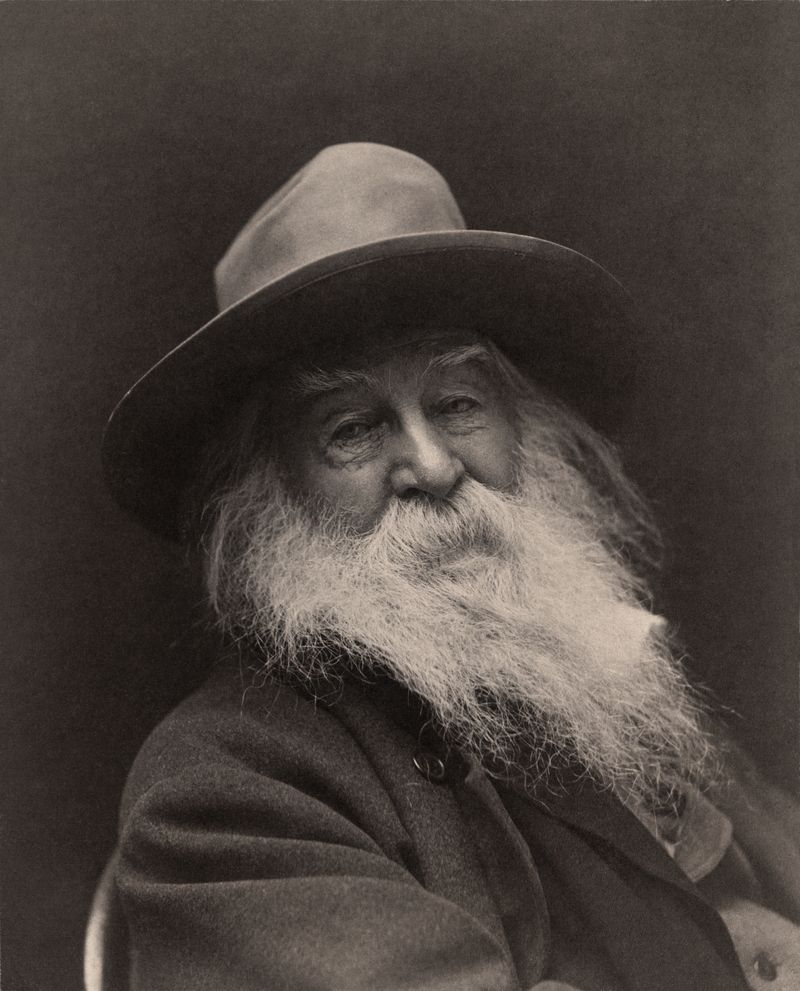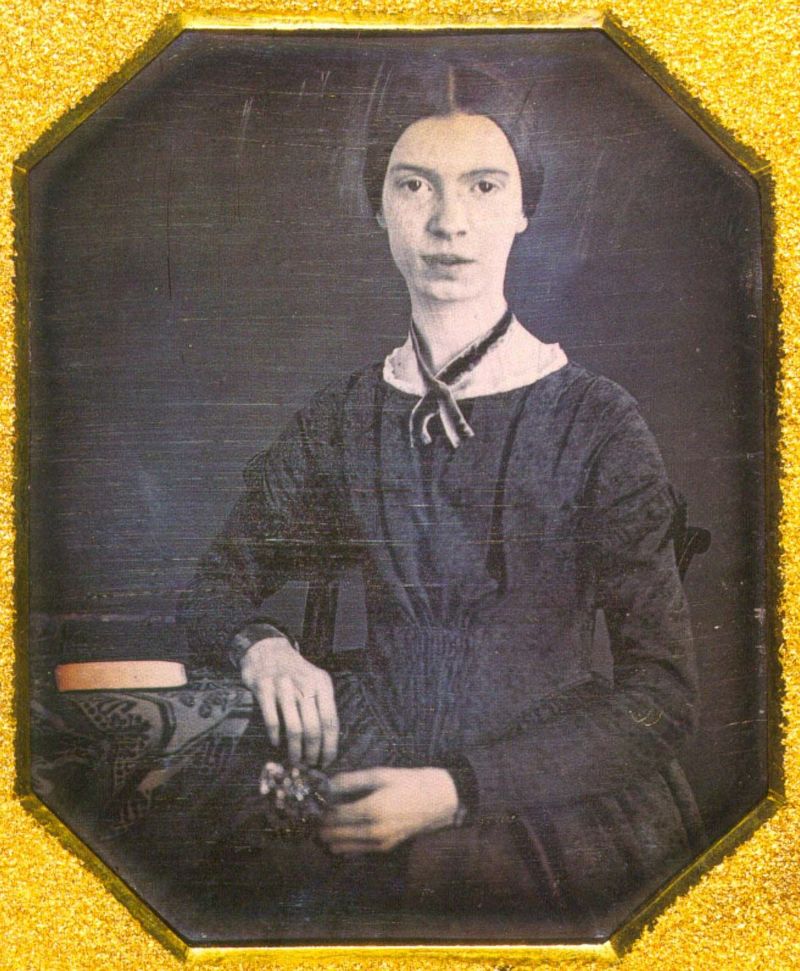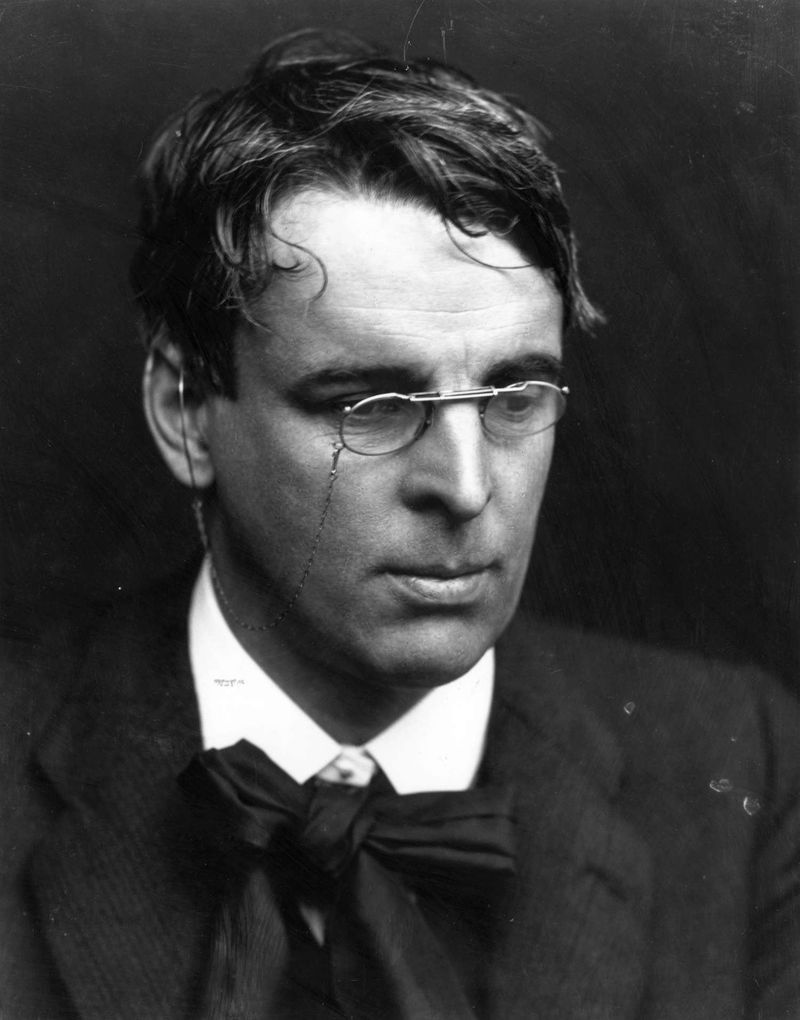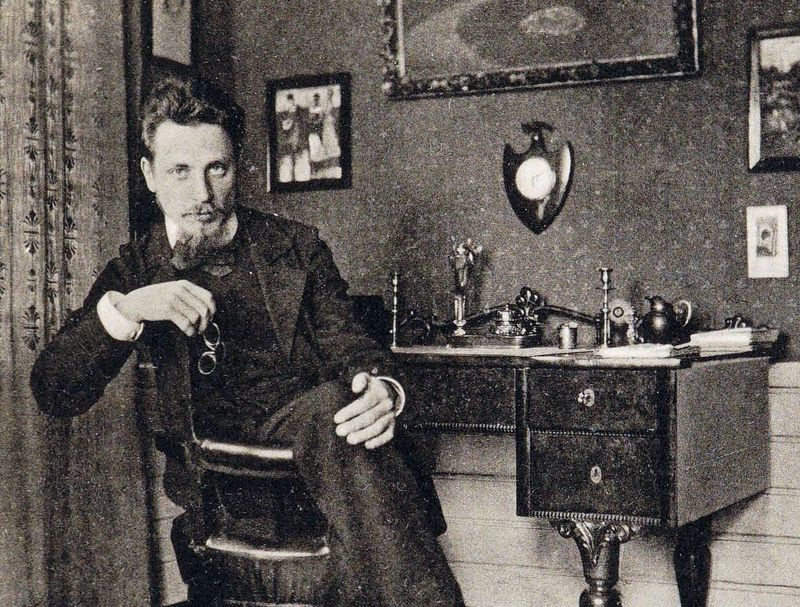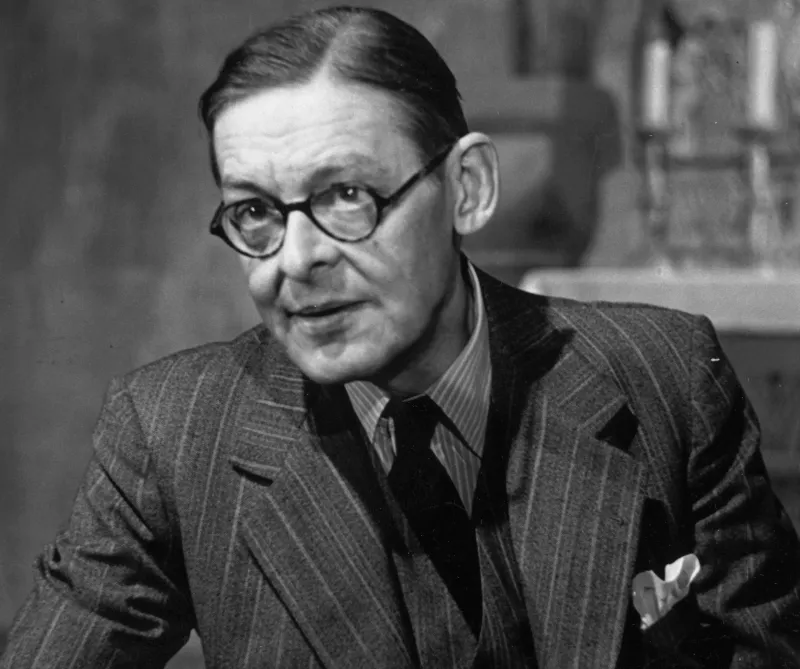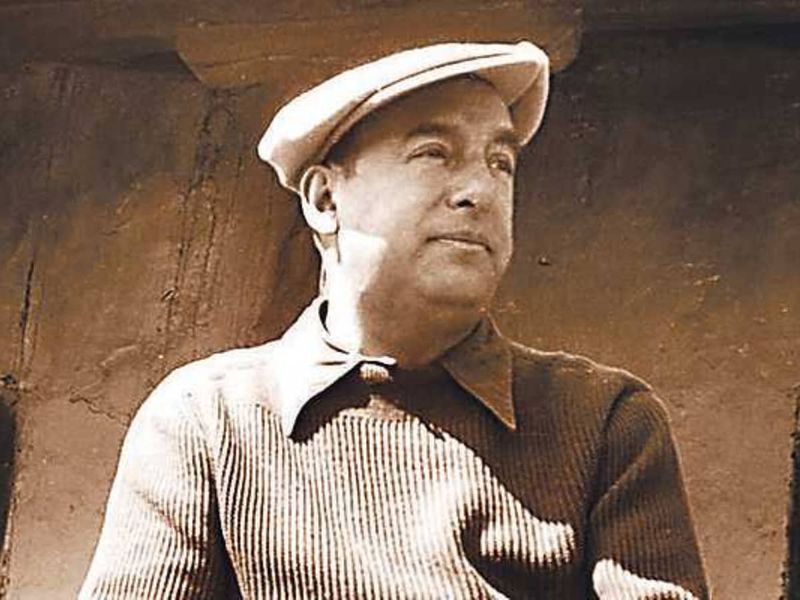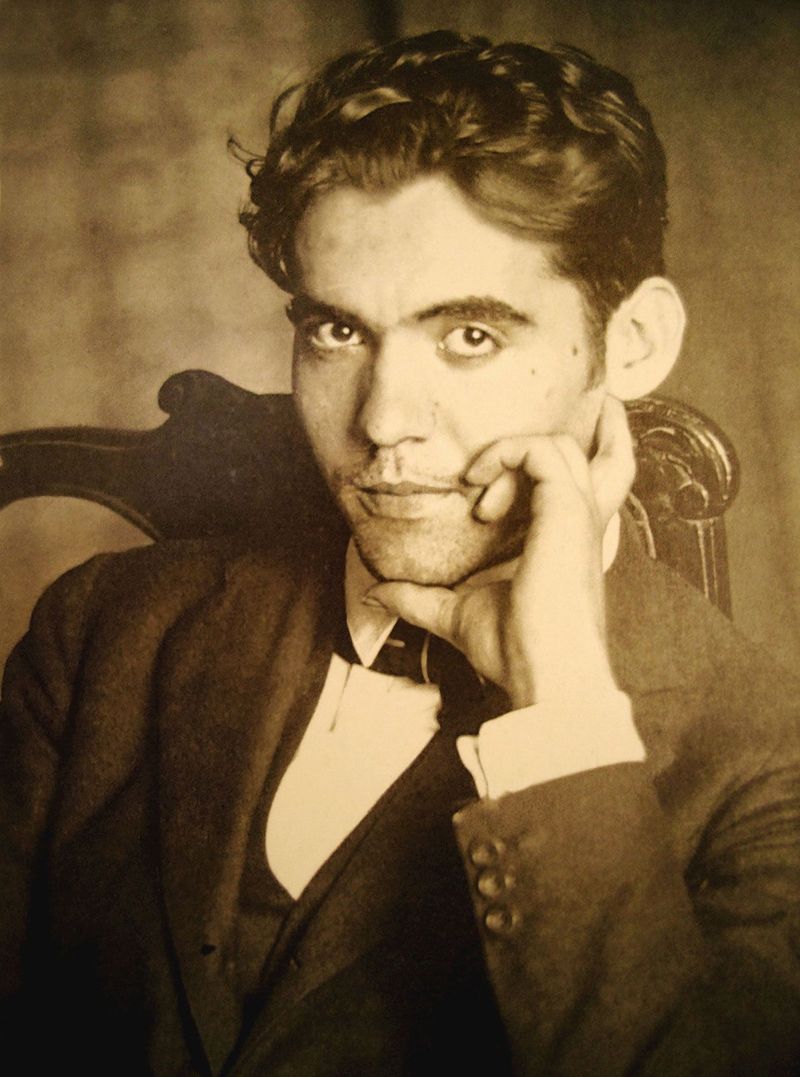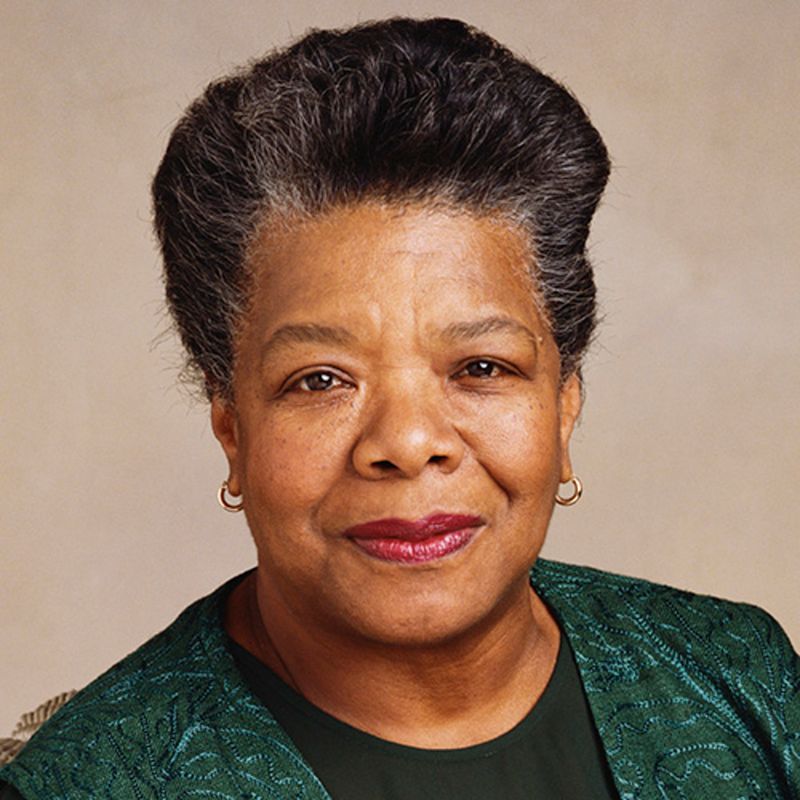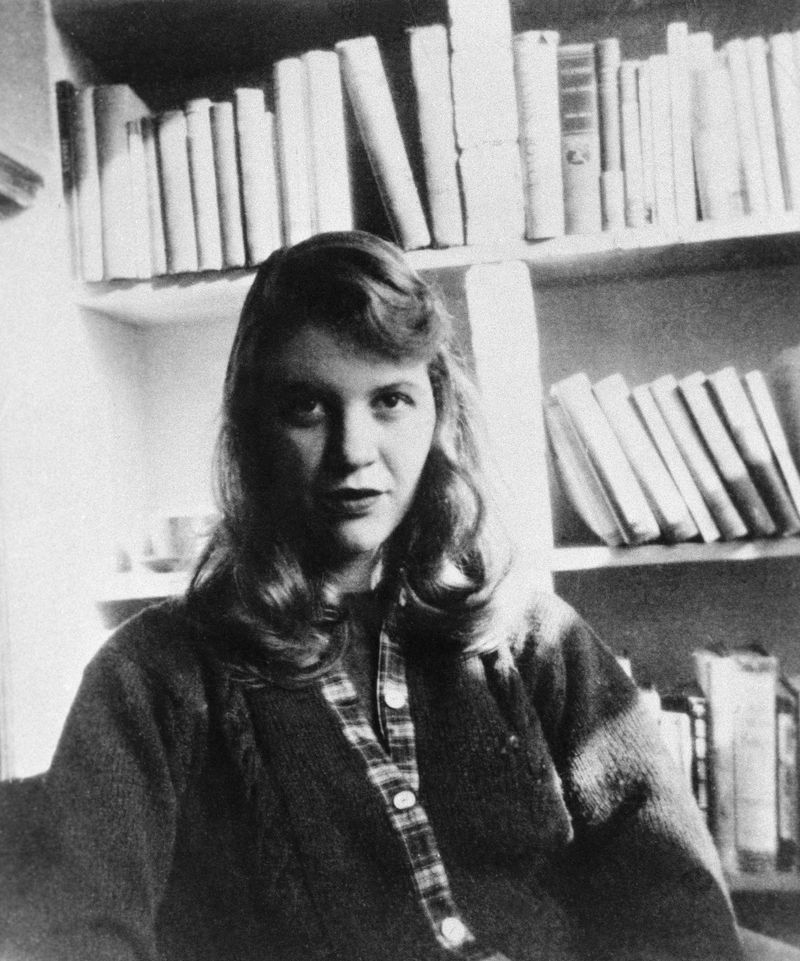Poetry has been a vital form of expression for centuries, capturing the essence of human emotions and experiences.
In this blog, we explore the lives and contributions of the 30 greatest poets the world has ever known.
Through their words, they have transcended time and space, leaving an indelible mark on literature and society.
1. Homer
Homer, the legendary ancient Greek poet, is best known for his epic poems, “The Iliad” and “The Odyssey.” These works have profoundly influenced Western literature.
Homer is often depicted as a blind bard, whose oral storytelling brought to life tales of heroism, gods, and epic battles.
Set against the backdrop of the ancient Greek world, his narratives offer rich insights into Greek life and mythology. Despite debates about his existence, Homer’s impact on literature is undeniable.
Students and literature enthusiasts alike continue to study his works for their literary merit and historical value.
2. Sappho
Sappho, an ancient Greek poetess from the island of Lesbos, is celebrated for her lyric poetry. Her verses, often centered on themes of love and passion, have earned her a place among the greatest poets.
Despite much of her work being lost, the surviving fragments reveal her mastery in articulating emotion and longing. Sappho’s unique voice and perspective continue to resonate, inspiring countless poets and writers over the centuries.
Her contributions to the literary world highlight the timeless nature of human emotions and the power of poetry to capture them.
3. Virgil
Virgil, a revered Roman poet, is best known for his epic, “The Aeneid,” which chronicles the journey of Aeneas after the fall of Troy. His work has been instrumental in shaping Roman cultural identity and literature.
Virgil’s poetry is characterized by its rich imagery and eloquent style, offering a deep dive into Roman ideals and mythology. His influence extends beyond literature, impacting art, education, and politics.
Virgil’s legacy endures as students and scholars continue to explore his narratives and their significance in understanding Roman history and thought.
4. Ovid
Ovid, a Roman poet renowned for his work “Metamorphoses,” crafted a collection of mythological tales that have fascinated readers for centuries. His playful and sophisticated style offers a unique perspective on transformation and change.
Ovid’s narratives are characterized by their wit and charm, engaging readers through vivid storytelling. Despite facing exile by Emperor Augustus, his influence on Western art and literature is profound.
Ovid’s exploration of themes like love, power, and metamorphosis continues to inspire artists and writers across the globe.
5. Li Bai
Li Bai, one of China’s most celebrated poets, is renowned for his romantic and imaginative verses. Often inspired by nature, his poetry reflects his free spirit and love for life.
Li Bai’s works capture the beauty of the natural world with vivid imagery and emotional depth. His unique style and persona have made him a beloved figure in Chinese literature.
Despite living over a thousand years ago, Li Bai’s poetry continues to resonate, offering insights into human experiences and emotions that transcend time and culture.
6. Du Fu
Du Fu, a prominent Chinese poet of the Tang dynasty, is celebrated for his deeply reflective and historically insightful poetry. His works often address social issues, capturing the complexities of his era with poignant detail.
Known for his moral integrity and empathy, Du Fu’s poetry offers a window into the struggles and triumphs of ordinary people. His eloquent and thoughtful verses have cemented his place as a cornerstone of Chinese literature.
Du Fu’s legacy lives on, influencing poets and readers with his profound observations on society and human nature.
7. Dante Alighieri
Dante Alighieri, the Italian poet, is best known for his monumental work, “The Divine Comedy.” This epic poem takes readers on a journey through Hell, Purgatory, and Heaven, offering profound insights into the human condition.
Dante’s exploration of themes like sin, redemption, and divine justice is both captivating and thought-provoking. His masterful use of the Italian vernacular set new standards in literature, influencing countless writers and poets.
Dante’s legacy as a literary giant endures, with “The Divine Comedy” remaining a seminal work in world literature.
8. Rumi
Rumi, the 13th-century Persian poet, and mystic, is celebrated for his spiritual and introspective poetry. His verses delve deep into themes of love, unity, and the divine, transcending cultural and religious boundaries.
Rumi’s profound insights and wisdom have inspired millions, making him one of the most widely read poets in the world. His engaging and moving poetry continues to offer solace and inspiration, inviting readers to explore the depths of their souls.
Rumi’s legacy as a spiritual guide and literary genius remains influential, resonating across generations and cultures.
9. Geoffrey Chaucer
Geoffrey Chaucer, known as the “Father of English Literature,” is celebrated for his work “The Canterbury Tales.” This collection of stories, told by pilgrims on their way to Canterbury, offers a vivid snapshot of 14th-century England.
Chaucer’s keen observations and humor bring to life a diverse array of characters, reflecting the societal norms and values of his time. His pioneering use of the English vernacular elevated English to a respected literary language.
Chaucer’s enduring influence is evident as his works continue to be studied, appreciated, and enjoyed by readers worldwide.
10. William Shakespeare
William Shakespeare, widely regarded as the greatest playwright in English literature, crafted an unparalleled body of work. His plays, such as “Hamlet,” “Macbeth,” and “Romeo and Juliet,” explore the depths of human emotion and experience.
Shakespeare’s mastery of language and character development has left a lasting legacy, influencing generations of writers and creators. His timeless themes and insights into the human condition continue to resonate with audiences worldwide.
As a poet and playwright, Shakespeare’s contributions to literature remain unrivaled, solidifying his place as a literary icon.
11. John Donne
John Donne, a leading figure in metaphysical poetry, is renowned for his complex imagery and emotional intensity. His works explore themes of love, faith, and mortality with remarkable depth and originality.
Donne’s poetry, characterized by its wit and intellectual rigor, invites readers to reflect on the intricacies of life and relationships. As both a poet and cleric, his spiritual insights add a unique dimension to his work.
Donne’s influence on literature is profound, with his innovative approach and distinctive voice continuing to captivate and inspire.
12. John Milton
John Milton, the renowned English poet, is best known for his epic poem “Paradise Lost.” This literary masterpiece explores themes of temptation, free will, and redemption, offering a profound reflection on the human condition.
Milton’s powerful language and vivid imagery bring to life the biblical tale of the Fall of Man. His work’s intellectual depth and moral complexity have inspired countless readers and thinkers.
As one of the greatest poets in the English language, Milton’s impact on literature and culture is enduring and significant.
13. Alexander Pope
Alexander Pope, an English poet, is celebrated for his satirical verse and mastery of the heroic couplet. His works, such as “The Rape of the Lock” and “The Dunciad,” critique society with wit and precision.
Pope’s keen observations and clever wordplay made him a prominent figure in the literary world. His contributions to poetic form and style have influenced many subsequent poets.
Despite personal challenges, including poor health, Pope’s legacy as a brilliant satirist and poet endures, offering insights into the complexities of human nature and societal norms.
14. William Blake
William Blake, an English poet and artist, is celebrated for his visionary works that blend poetry and art. His poems, such as “Songs of Innocence and Experience,” explore themes of innocence, experience, and spirituality.
Blake’s unique perspective and imaginative style set him apart as a pioneer in both literature and visual arts. His works invite readers to journey into a world of symbolism and creativity.
Despite limited recognition during his lifetime, Blake’s influence on art and literature has grown, making him a celebrated figure in the Romantic movement.
15. William Wordsworth
William Wordsworth, a key figure in the Romantic movement, is celebrated for his nature-inspired poetry. His works, including “Lines Composed a Few Miles Above Tintern Abbey,” emphasize the beauty and spiritual power of the natural world.
Wordsworth’s eloquent verses capture the essence of human emotion and the sublime connection between nature and the soul. His innovative approach to poetry, focusing on ordinary life and nature’s influence, remains influential.
As a poet, Wordsworth’s legacy endures, inspiring readers to appreciate the world around them with renewed wonder.
16. Samuel Taylor Coleridge
Samuel Taylor Coleridge, an English poet and philosopher, is renowned for his imaginative and deeply symbolic works. His poem “The Rime of the Ancient Mariner” explores themes of guilt, redemption, and the supernatural.
Coleridge’s innovative use of language and imagery invites readers into a world of mystery and wonder. His contributions to the Romantic movement, alongside contemporaries like Wordsworth, have left a lasting impact on literature.
Coleridge’s legacy as a poet and thinker endures, inspiring generations to explore the depths of imagination and human experience.
17. Lord Byron
Lord Byron, a leading figure in the Romantic movement, is celebrated for his passionate and adventurous poetry. His works, including “Childe Harold’s Pilgrimage,” explore themes of heroism, love, and rebellion.
Byron’s charismatic personality and tumultuous life often mirrored the intensity of his verses. His influence extended beyond literature, affecting art and popular culture.
a poet, Byron’s legacy endures, captivating readers with his eloquent expression of the human spirit and the complexities of emotion.
18. Percy Bysshe Shelley
Percy Bysshe Shelley, a prominent English Romantic poet, is celebrated for his lyrical and progressive works. His poetry, including “Ode to the West Wind,” reflects his radical ideals and love for nature.
Shelley’s eloquent and passionate verses explore themes of freedom, beauty, and the human spirit. His innovative approach and daring ideas challenged the conventions of his time, leaving a lasting impact on literature and thought.
Shelley’s legacy as a visionary poet endures, inspiring readers to embrace creativity and change.
19. John Keats
John Keats, a key figure in the Romantic movement, is celebrated for his richly evocative and sensuous poetry. His works, such as “Ode to a Nightingale,” explore themes of beauty, transience, and imagination.
Keats’s ability to capture vivid imagery and emotion in his verses has made him a beloved figure in English literature.
Despite his short life, Keats’s influence on poetry is profound, inspiring readers and writers with his timeless exploration of human experience and the natural world.
20. Alfred, Lord Tennyson
Alfred, Lord Tennyson, a leading Victorian poet, is celebrated for his rich and resonant poetry. His works, including “In Memoriam A.H.H.,” explore themes of love, loss, and the passage of time.
Tennyson’s mastery of language and lyrical beauty have earned him a place as one of the greatest poets of the English language.
His contributions to Victorian literature reflect the era’s complexities, offering insights into its values and challenges. Tennyson’s legacy endures, with his poetry continuing to resonate with readers across generations.
21. Walt Whitman
Walt Whitman, a pioneering American poet, is celebrated for his groundbreaking work, “Leaves of Grass.” His free verse poetry captures the essence of the American spirit, celebrating individuality, nature, and democracy.
Whitman’s innovative style and expansive vision broke new ground in literature, challenging traditional poetic forms. His inclusive and humanistic approach to poetry has inspired countless writers and thinkers.
As a literary icon, Whitman’s legacy endures, inviting readers to explore the profound connections between self, society, and the natural world.
22. Emily Dickinson
Emily Dickinson, an iconic American poet, is celebrated for her introspective and innovative poetry. Her works, often exploring themes of identity, mortality, and the natural world, are characterized by their brevity and depth.
Dickinson’s unique voice and unconventional style set her apart as a pioneer in American literature. Despite her reclusive life, her poetry’s emotional resonance and profound insights have left a lasting impact.
Dickinson’s legacy endures, inspiring readers with her exploration of the inner self and the mysteries of life.
23. W.B. Yeats
W.B. Yeats, a Nobel laureate and Irish poet, is celebrated for his lyrical and symbolic poetry. His works, including “The Second Coming,” explore themes of mysticism, nationalism, and the passage of time.
Yeats’s innovative use of symbolism and myth has made him a central figure in modernist literature. His connection to Irish identity and folklore adds depth and richness to his verses.
Yeats’s legacy endures, with his poetry continuing to inspire and challenge readers with its profound exploration of human experience.
24. Rabindranath Tagore
Rabindranath Tagore, a Bengali poet and Nobel laureate, is celebrated for his deeply spiritual and humanistic poetry. His works, such as “Gitanjali,” reflect his universalist vision and profound connection to nature.
Tagore’s eloquent and lyrical verses capture the beauty and complexity of life, inspiring readers to reflect on their place in the world. As a cultural icon, Tagore’s influence extends beyond literature, impacting art, music, and philosophy.
His legacy endures, inviting readers to explore the depths of the human spirit and the interconnectedness of all life.
25. Rainer Maria Rilke
Rainer Maria Rilke, a German-language poet, is celebrated for his deeply introspective and lyrical poetry. His works, including the “Duino Elegies,” explore themes of existence, love, and transformation.
Rilke’s ability to capture profound emotion and insight in his verses has made him a beloved figure in modern literature.
His exploration of the human soul and the mysteries of life continues to resonate, inspiring readers to reflect on their own experiences. Rilke’s legacy endures, offering a timeless exploration of the inner world.
26. T.S. Eliot
T.S. Eliot, a central figure in modernist poetry, is celebrated for his innovative and complex works. His poem “The Waste Land” explores themes of disillusionment, fragmentation, and renewal in the modern world.
Eliot’s masterful use of language and allusion has earned him a place as one of the most influential poets of the 20th century. His contributions to literature and critical thought have shaped modern poetry and literary criticism.
Eliot’s legacy endures, challenging readers to explore the complexities of modern existence.
27. Pablo Neruda
Pablo Neruda, a Chilean poet and Nobel laureate, is celebrated for his passionate and sensuous poetry. His works, including “Twenty Love Poems and a Song of Despair,” explore themes of love, loss, and political commitment.
Neruda’s eloquent and evocative verses capture the beauty and struggles of human experience. His connection to his homeland and advocacy for social justice add depth to his poetry.
Neruda’s legacy as a literary and cultural icon endures, inspiring readers worldwide with his exploration of love and humanity.
28. Federico García Lorca
Federico García Lorca, a Spanish poet and playwright, is celebrated for his lyrical and dramatic works. His poetry, including “Gypsy Ballads,” explores themes of love, tragedy, and cultural identity.
Lorca’s unique voice and vivid imagery bring to life the rich traditions and emotions of Spanish culture. His tragic death during the Spanish Civil War adds a poignant dimension to his legacy.
Lorca’s influence on literature and the arts endures, inspiring readers with his passionate embrace of life and art.
29. Maya Angelou
Maya Angelou, an American poet and civil rights activist, is celebrated for her powerful and deeply personal poetry. Her works, such as “And Still I Rise,” explore themes of identity, resilience, and empowerment.
Angelou’s eloquent and inspiring verses reflect her own life experiences, offering a voice to those who have been marginalized. Her contributions to literature and social justice continue to resonate, inspiring readers and activists alike.
Angelou’s legacy as a poet and advocate for equality endures, encouraging others to rise above adversity and embrace their true selves.
30. Sylvia Plath
Sylvia Plath, an American poet, is celebrated for her confessional and emotionally intense poetry. Her works, including “Ariel,” explore themes of identity, despair, and rebirth with raw honesty.
Plath’s innovative use of language and imagery invites readers into her deeply personal world. Her struggles with mental health and her poignant reflections on life have made her a significant figure in modern literature.
Plath’s legacy endures, inspiring readers with her fearless exploration of the human psyche and the complexities of existence.
